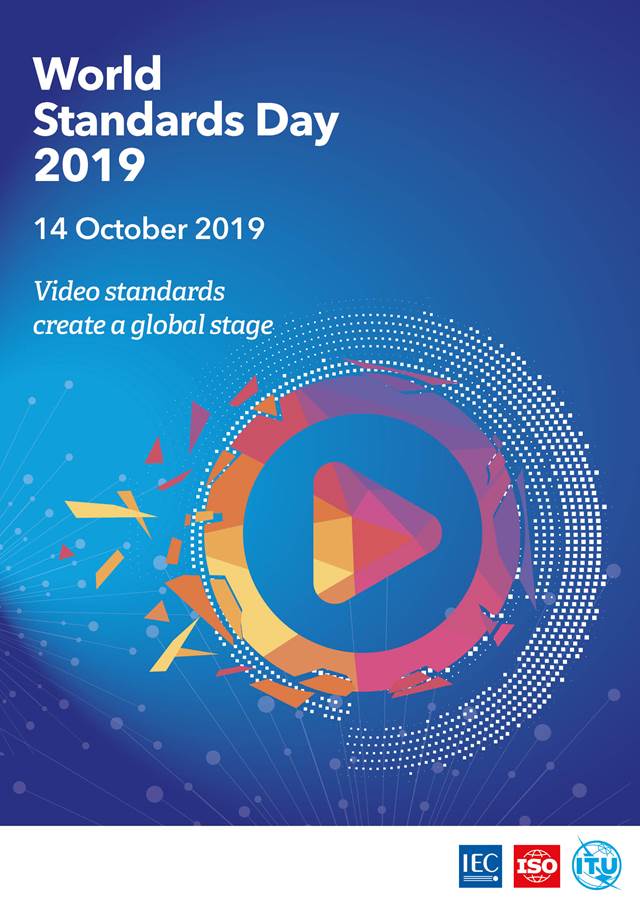Celebrating World Standards Day
10/9/2019

October 14 is World Standards Day, which recognizes the role of various stakeholders across the standards community, including business leaders, industry, academia, and government. This year's theme is video, so to fit the theme, we'd like to share a little about who CLSI is.
Many people are aware of large standards organizations like the International Organization for Standardization (ISO). ISO “brings together experts to share knowledge and develop voluntary, consensus-based, market relevant international standards that support innovation and provide solutions to global challenges.” ISO publishes standards that are used by many different industries, including the construction, medical, and food industries. Their standards include topics such as health and safety in the workplace, quality management systems, food safety management, and even child car seats. Following standards helps ensure uniform results, which reduces the chance for errors or accidents.
CLSI serves as the American National Standards Institute (ANSI)-appointed Secretariat for the ISO Technical Committee 212 (ISO/TC 212), Clinical laboratory testing and in vitro diagnostic test systems. ISO/TC 212 is responsible for international standardization and guidance in the field of laboratory medicine and in vitro diagnostic test systems. You can learn more about our involvement with ISO/TC 212 here.
There are also standards organizations that serve the needs of specific industries. CLSI provides standards and guidelines for the medical laboratory community, as well as the medical device manufacturing industry and the regulatory agencies that are responsible for accrediting medical labs and regulating device manufacturers. Implementation of globally applicable standards in the laboratory ensures that health care providers can be confident that test results accurately reflect a patient’s health. When labs follow a standardized procedure to perform a test, errors can be significantly reduced.
CLSI’s library of 250+ standards can help your laboratory improve testing, implement a quality management system, and keep up with the latest best practices in laboratory testing.
